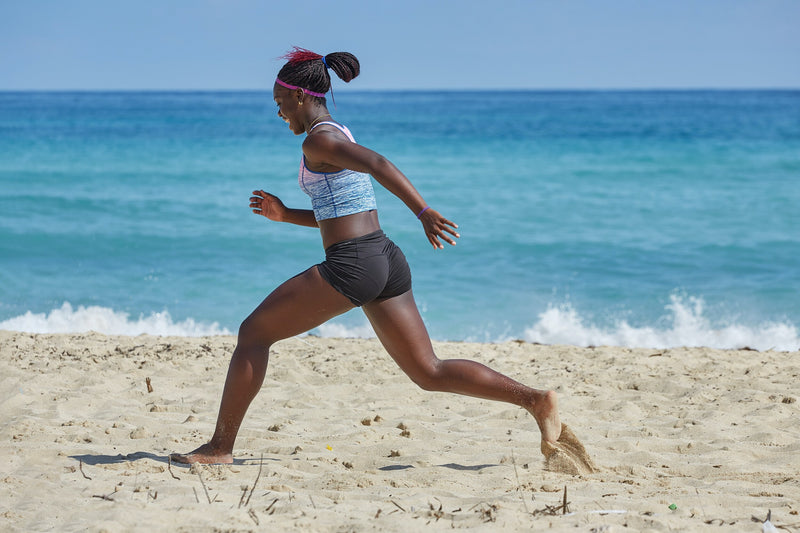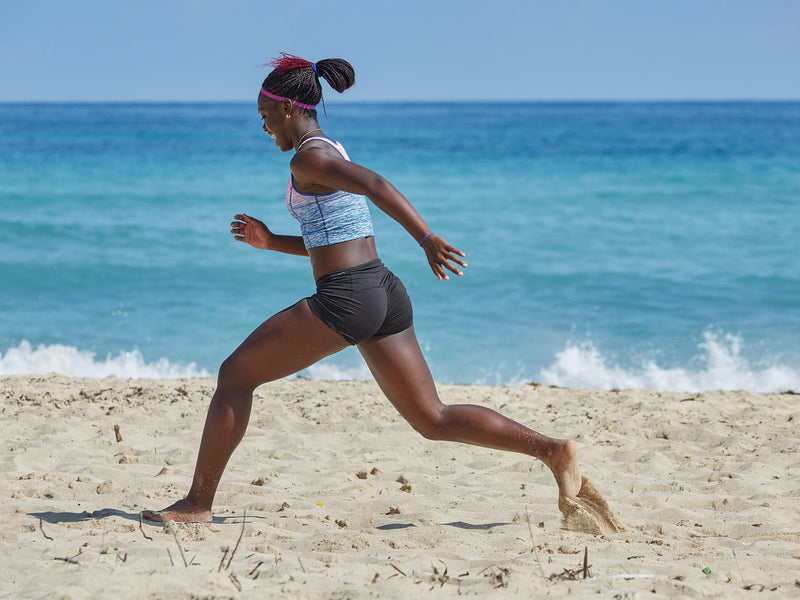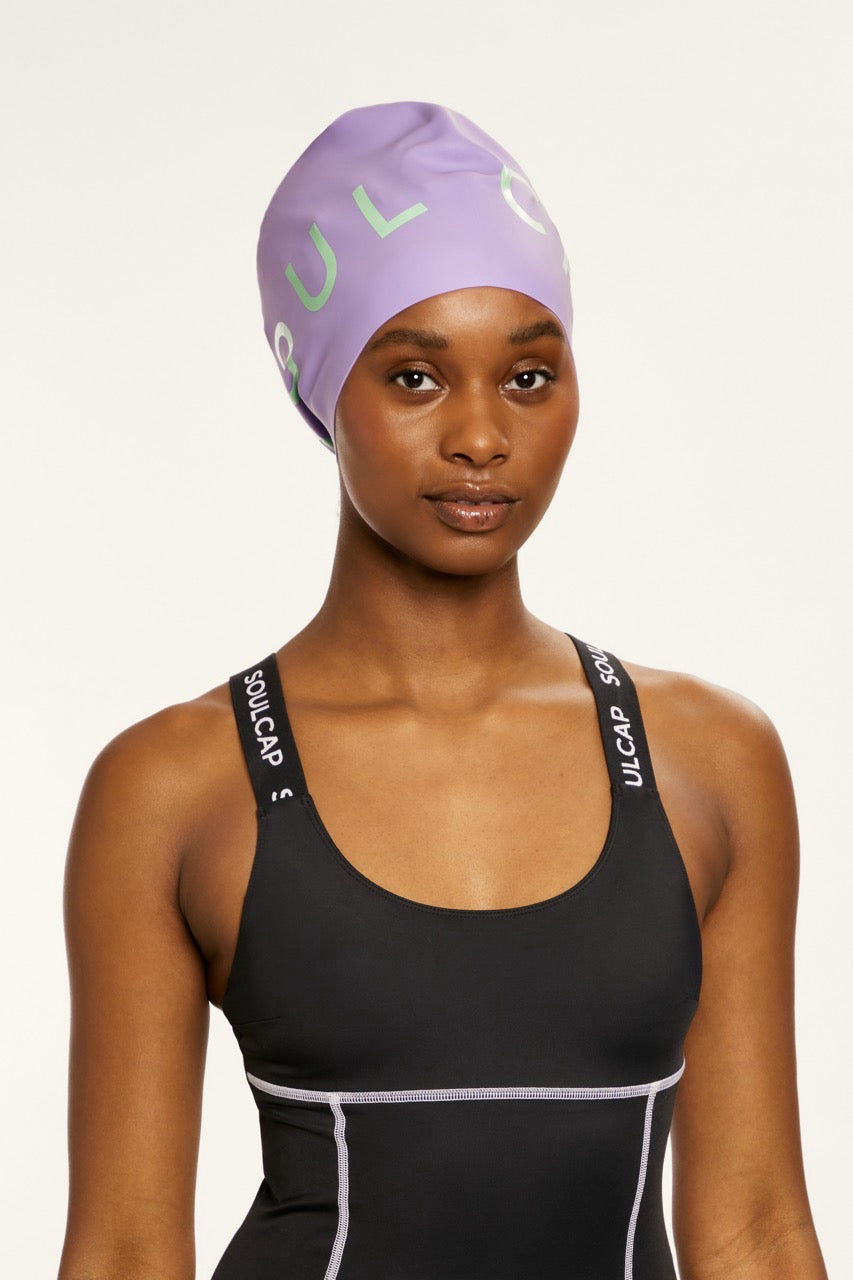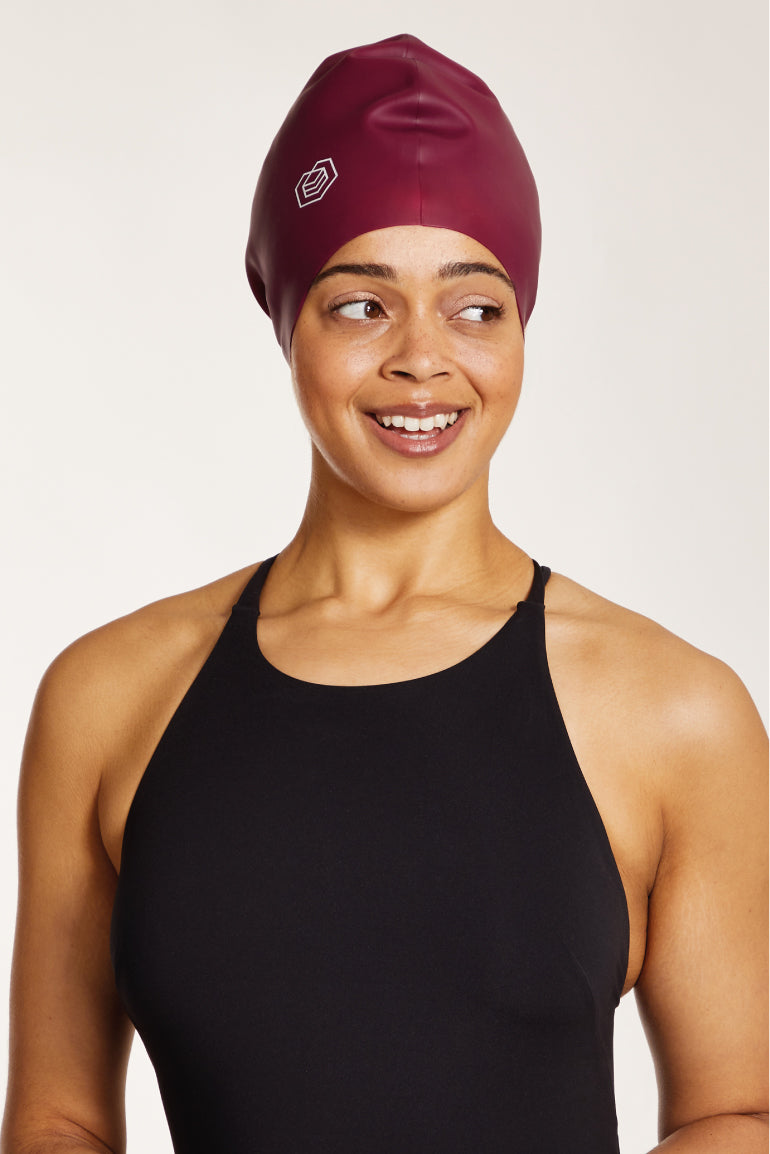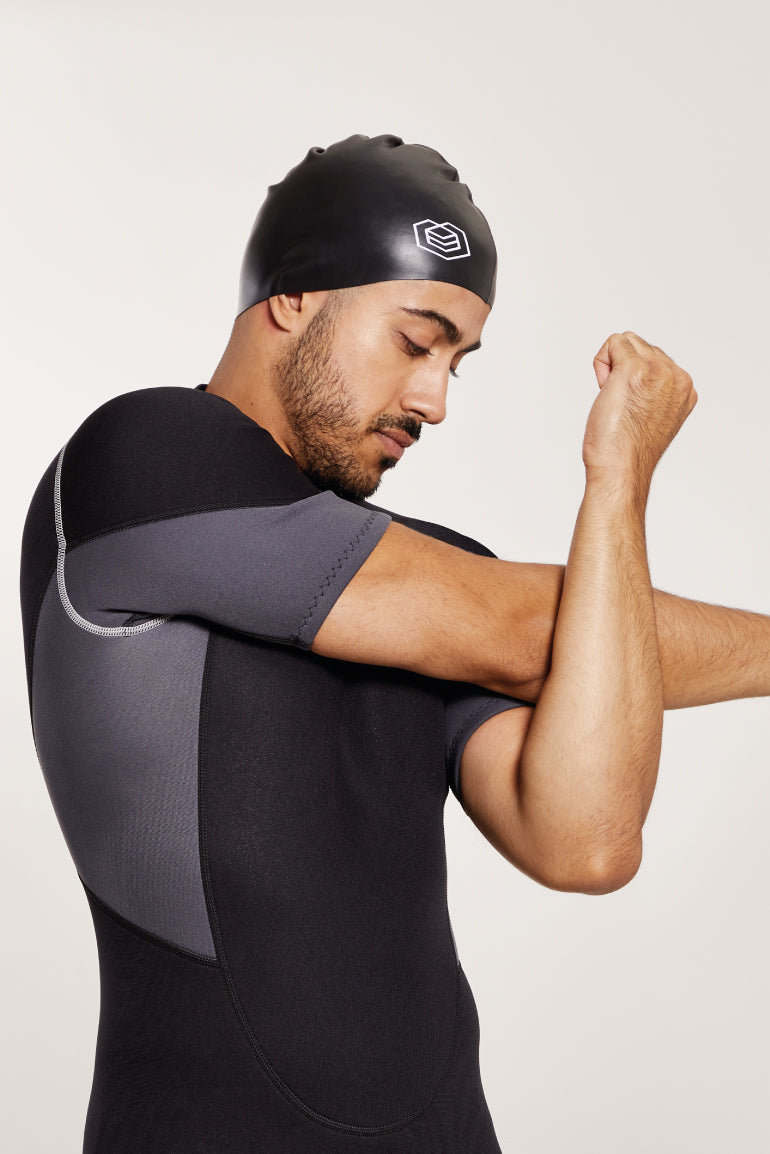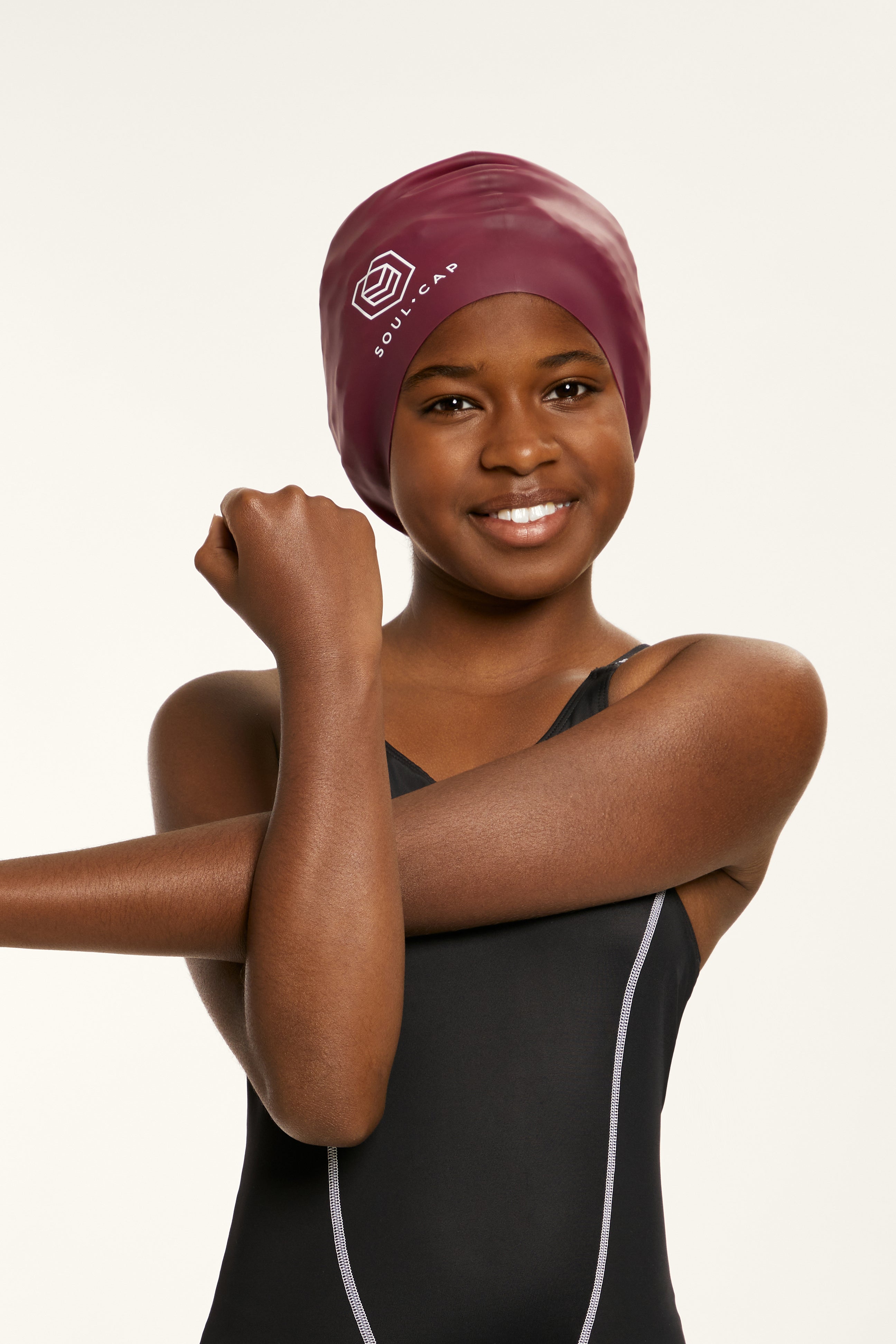For most people, that usually means more running: longer sessions, greater distances, and daily workouts.
But sometimes, the easiest improvements can come from the places you don't expect.
There's a synergy between sports – and training in one can improve your performance in another.
So how does swimming stack up as a way to give your running a boost?

Swimming is the perfect sport for 'Active Recovery'
Running is one of the best aerobic exercises out there. It's good for the heart, good for your legs – and it burns off calories like nobody's business.
But it's also one of the most intense ways to exercise. (And it's especially rough on your joints!)
So if you want your body to stay healthy through a hardcore running regime, you'll need to give it time to rest and recover.
For most people, that means a relaxing day spent flat-out on the sofa, doing your best not to move your aching muscles.
But according to some experts, being completely passive isn't always the best way to rest.
Instead, they recommend something called 'Active Recovery'. That means spending your recovery days doing some light, low-intensity exercises that can help you to:
Get more blood flowing to your tired muscles
Bring much-needed nutrients to the muscles that need repair
And clear out metabolic waste from the muscles you use when running.
So what's that got to do with swimming?
In most cases, swimming is an exercise that's relatively low in intensity. It's also a sport where it's easy to scale the intensity up or down to match your level of fitness and body type.
And as an added bonus, it's a sport that's gentle on the joints – which means you're much less likely to cause an injury when you use swimming as your recovery activity.
Swimming trains your lungs to be more efficient
One of the first things you learn in any new sport is how to perfect your form.
For most athletic sports, that means the right posture and the most efficient movements.
But when it comes to swimming, there's an extra step that doesn't get as much attention in other sports – and that's perfecting your breathing.
No matter how fast or how far you swim, you've always got a limited window in each movement to breathe – which means swimmers are naturally forced to master the art of efficient, controlled breathing.
According to a study in the Scandinavian Journal of Medicine & Science in Sports, just 12 sessions of swimming with controlled breathing can lead to a 6% boost in running economy.
And the reason?
When you swim, you're breathing less often while you train. Your body adapts, and your muscles start to use the oxygen more effectively. And this new efficiency carries over to your running – which means your muscles get more out of every breath you take.
Swimming makes you faster!
We all know that cross-training is one of the best ways to get a well-rounded workout.
But what you might not have known is that adding swimming to your training mix can make you a faster runner.
A study in the European Journal of Applied Physiology found that runners who added a small amount of swimming onto their usual baseline running training were able to shave more than 13 seconds off their times for a 3.2km run.
That's no small boost – and it's an improvement that only took 8 weeks with a small amount of extra swimming (an extra 10% of their usual running added as swimming).
So what's the verdict?
If you're serious about running, you should be serious about swimming, too.
Adding a bit of swimming to your usual running training can improve your recovery, give your lungs a boost – and could even help you improve your personal best on the track.
And if you're ready to get serious about swimming, we've got the specialist swimming gear you need to get started including our FINA approved swim cap for long hair.

